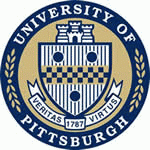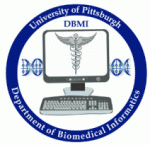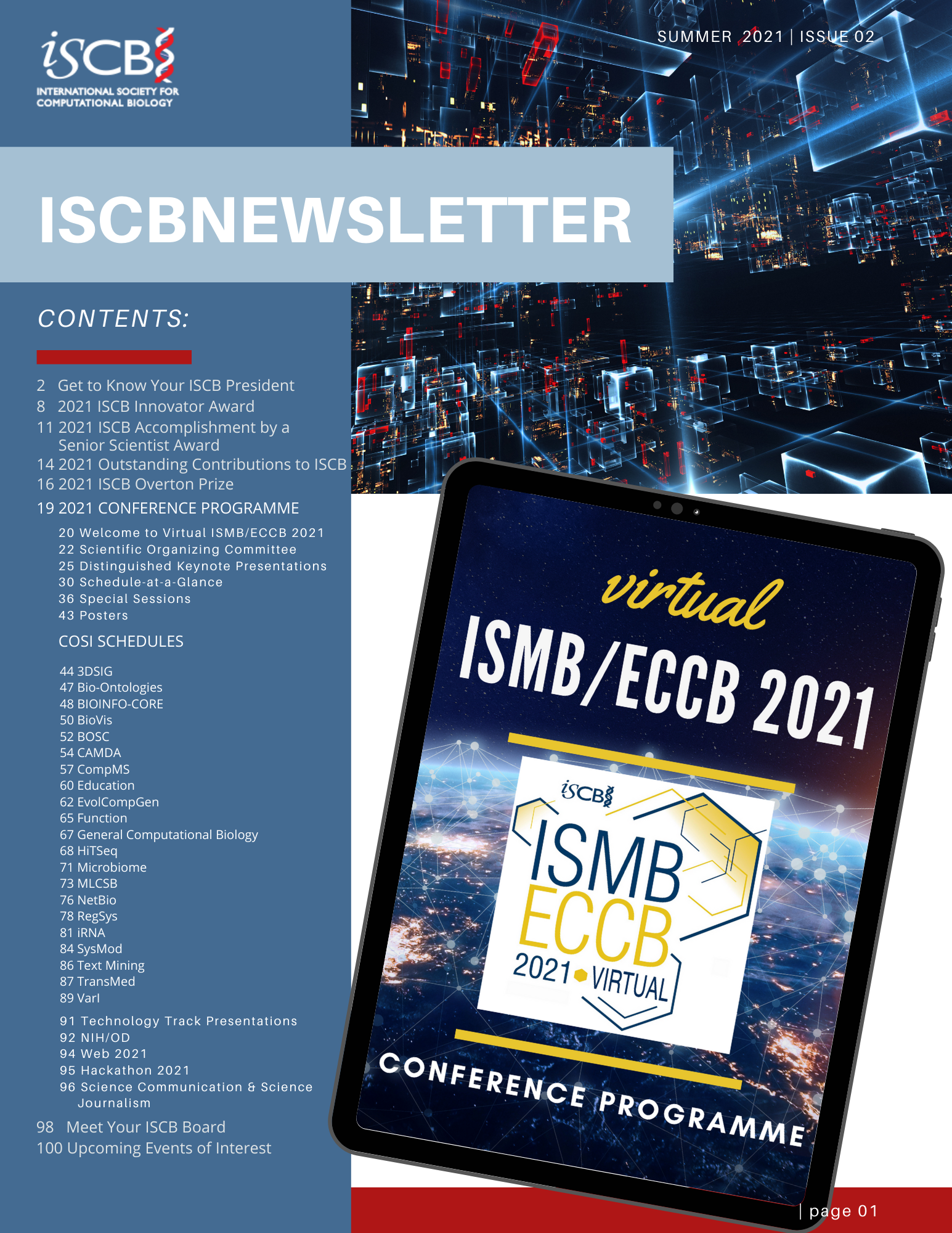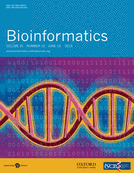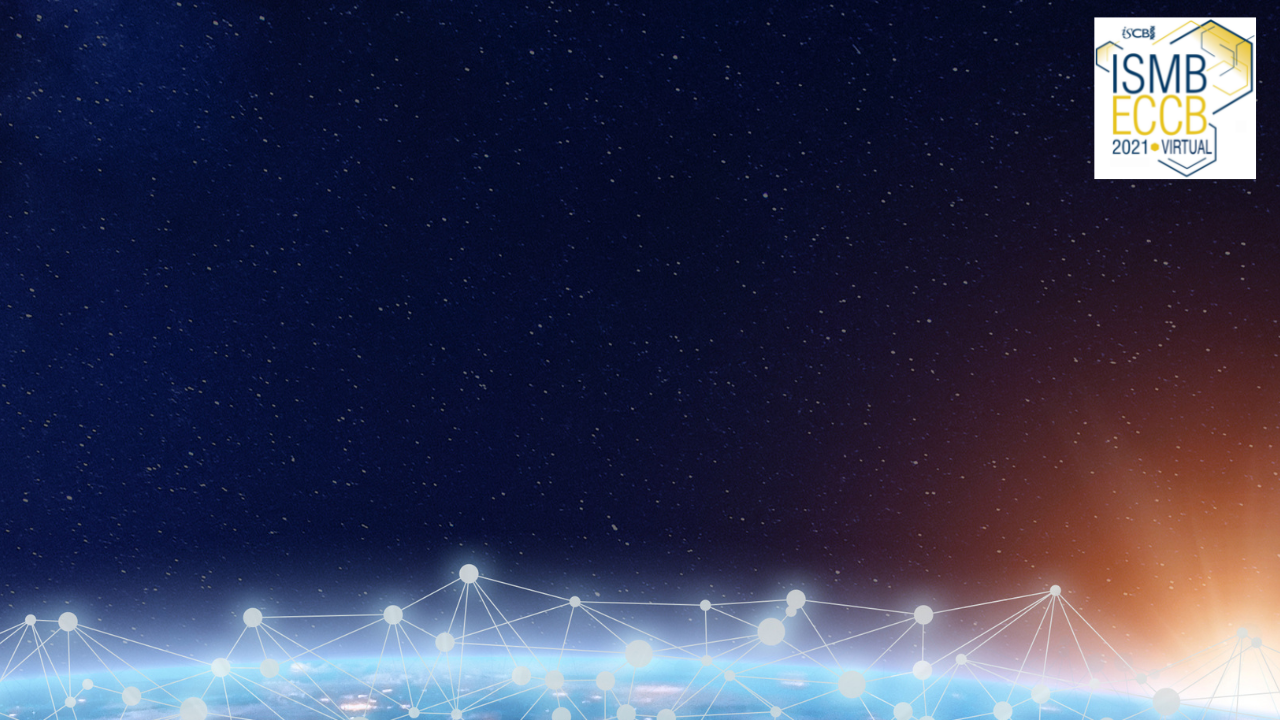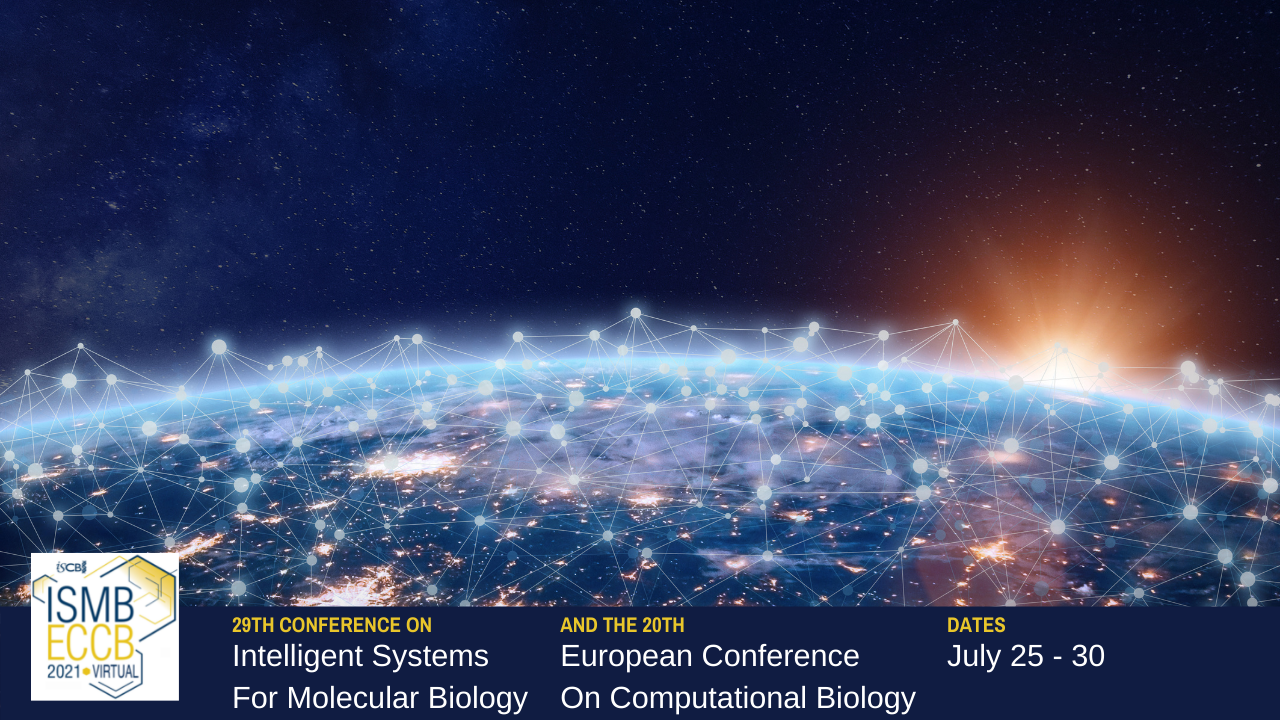Award Winners
Ian Lawson Van Toch Memorial Award for Outstanding Student Paper
RCSB PDB Poster Prize
Special Session: Representation learning in biology
Special Session: Emerging gain-of-function mutations and multi-omics network biology
Bio-Ontologies COSI – Best Talk Award
Bio-Ontologies COSI – Best Poster Award
BioVis COSI – Best Abstract
BioVis COSI – Test-of-Time Award
CAMDA COSI – Best Talk Awards
CAMDA COSI – Best Poster Award
CompMS COSI – Best Talk Award
CompMS COSI – Best Poster Award
EvolCompGen COSI - Best Talk Award
EvolCompGen COSI - Best Poster Award
iRNA COSI – Best Poster Award
NetBio COSI – Best Talk Award
NetBio COSI – Best Poster Award
SysMod COSI - Best Poster Awards
TransMed COSI Best Oral Presentation Awards
TransMed COSI Best Poster Awards
Cuttlefish: Fast, parallel, and low-memory compaction of de Bruijn graphs from large-scale genome collections

 Tsukasa Nakamura, JSPS(PD)/Tohoku University
Tsukasa Nakamura, JSPS(PD)/Tohoku UniversityTowards protein interface prediction using SE(3)-Transformer
Evotuning protocols for Transformer-based variant effect prediction on multi-domain proteins
HydrAMP: a deep generative model for antimicrobial peptide discovery
Building the Mind of Cancer
Hunting for functional genetic variants in human 3' UTR
Wikidata for 5-star Linked Open Databases: a case study of PanglaoDB
Designing potential extensions from G-SRS to ChEBI to identify natural product-drug interactions
Sehi L'Yi, Qianwen Wang, Fritz Lekschas, and Nils Gehlenborg
Devin Lange, Eddie Polacno, Robert Judson-Torres, Thomas Zangle, and Alexander Lex
Adam M Smith, Wen Xu, Yao Sun, James R Faeder, G. Elisabeta Marai
Targeting the hsot response in COVID-19 by integeration of metabolic modeling and cheminformatics
Filter Drug-induced Liver Injury (DILI) Literature with Natural Langauage Processing and Ensemble Learning
Discovering relationship between bacteriophages and antimicrobial resistance
Inferring peptide coefficients from quantitative mass spectrometery data
millipede - A Deep Learning Library to Predict the Entire Mass Spectrometery Life Cycle of Proteins and Peptide
Combining synteny and sequence-based approaches to investigate genome evolution after polyploidization
SonicParanoid2: Machine Learning-Driven Integration of Bidirectional Best Hit and Protein Domain Analysis for Faster and More Accurate Othology
Accurate detection of interspecific positive selection using convolutional neural networks
Super-Reconciliation with Horizontal Gene Transfers
Developing a machine learning approach to determine gene/protein features to classify bacterial groups
Evolution of Staphylococcal Antibiotic Resistance Systems Across Gram-Positive Bacteria
Alternative Splicing Based Classification of Heterogeneous Cancers Reveals Novel Disease Subtypes
On the limits of active module identification
Fast and flexible analysis of linked microbiome data with mako
Kazunari Kaizu, Kozo Nishida, and Koichi Takashi
Nina Verstraete, Malvina Marku, Helene Arduin, Marcin Domagal, Jean Jacques Fournie, Loic Ysebaert, Mary Poupot, and Vera Pancaldi
Eline S. van Mantgem, Gunnar W. Klau, and Heinrich Heine
Bence Keomley-Horvath, Attila Czikasz-Nagy, Istvan Reguly, and Pazmany Peter
Bringing the algorithms to the Data - Secure Distributed Medical Analytics using the Personal Health Train
Formulating a Gene Signature for Diagnosis of Autoimmune and Infectious Diseases
A novel feature selection pipeline for identifying predictive targets associated with drug toxicity
Identifying Dysfunctional Mechanisms of Pancreas-residing T-cells in Islet Autoimmunity Through Single-cell Immune Profiling
SynLeGG; analysis and visualization of multiomics data for discovery of cancer 'Achilles Heels' and gene function relationships
The wearables for wellness pilot: data-enabled primary care in an LMIC context
ISMB/ECCB 2021
More than 2,100 participants from nearly 80 countries joined us for ISMB/ECCB 2021. We hope you enjoyed your experience. Registrants of the conference will continue to have exclusive access to the platform until Nov. 30. After which, all content for which ISCB has received permission will move to ISCBtv.
Thank you for attending ISMB/ECCB 2021!
We hope to see you in Madison, USA for ISMB 2022, July 10-14, 2022 or
in Sitges, Barcelona, Spain for ECCB 2022, September 18-21, 2022.
Helpful Post Conference Links
ISMB/ECCB 2021 Award Winners
Daily Recaps (Sunday, Monday, Tuesday, Wednesday, Thursday, Friday)
ISCBshowcase, your all bioinformatics emporium
Conference Presentation Permissions Form
Conference Recordings
ISCB Summer Newsletter & Special Issue of Bioinformatics Featuring ISMB/ECCB 2021
Explore the Scientific Program

Information on webinar chat click here
Virtual Conference Optimal Conditions
For the best experience please consider the following in preparation of the conference:
- Ensure you have the latest version of Zoom installed
- Refresh your computer - simply by doing a restart
- Preferred browsers are Chrome and Firefox
- Hardwire your computer vs wifi
- Turnoff other browsers, background programs and eliminate other internet devices being used if possible
Requirements per device and their recommendation for speeds (including Linux, Mac and Microsoft computer requirements for zoom) can be found here
Moderator Resources
Moderator Training: July 13
Moderator Training: July 14
Speaker Resources
Speaker Training: July 14
Speaker Training: July 15
Speaker Training: July 19
Zoom backgrounds
ISCB Town Hall
Date: Monday, July 26 (10:00 - 1100 UTC)
Description
Join us at the ISCB Town Hall meeting on Monday, July 26, from 10:00 - 11:00 UTC to learn more about the latest programs, initiatives, and conferences. This is also your chance to help shape the future of ISCB by providing feedback and suggestions.
The Town Hall will close with a celebration of achievement with the announcement of the Wikipedia Competition Award winners, Art in Science Award winners, Student Council Symposium award winners, celebration of the 2021 Class of Fellows, and announcement of the incoming Board of Directors.
SCS Wikipedia Hackathon 2021: Connecting COSIs to Wikipedia
July 23, 2021 at 16:00 - 18:00 UTC
Hackathon RegistrationCheck your local time
The main goals of this hackathon are:
- To better connect ISCB Communities of Special Interest (COSIs) to relevant Wikipedia articles by conducting a wide scale review of current computational biology/bioinformatics-related articles.
- To foster a community of editors with an interest in improving coverage of computational biology topics on Wikipedia.
Background
Open access to scientific information is a core principle of the ISCB. This is a principle shared by the Wikimedia Foundation, with its primary goal to collect, develop and disseminate free and open-access educational content. Consequently, ISCB has and continues to foster strong links with several Wikimedia projects, particularly Wikipedia. The Computational Biology taskforce of WikiProject Molecular Biology has existed in some form since 2007 and is a group of editors overseeing over 1,500 Wikipedia articles relating to computational biology and bioinformatics. Throughout its history, the taskforce has had a number of collaborative efforts with ISCB, including PLOS Topic Pages, an annual Wikipedia competition and events at ISCB conferences.
Despite the efforts of workforce members, the increasingly fast pace of the computational biology field means that many important Wikipedia articles are outdated or incomplete: more than 70% of relevant articles are marked as “start class” (developing but essentially incomplete) or lower. We firmly believe that improving relevant Wikipedia articles and therefore improving public access to information about our field is a professional responsibility for ISCB members.
ISCB Communities of Special Interest (COSIs) are self-organising communities of ISCB members focused on topics within computational biology. Connecting COSIs with relevant Wikipedia articles will: i) illuminate the current state of Wikipedia articles which COSI members will have a keen interest and specialised knowledge in; ii) provide a sense of ‘ownership’ of articles relevant to each COSI with COSI members particularly motivated to improve ‘their’ articles; iii) kickstart a wider push to improve coverage of computational biology on Wikipedia.
Project
We propose two major tasks for the hackathon.
- Our priority task is to conduct a review of the ~1,500 articles identified by the Computational Biology workforce, determining ISCB COSIs relevant to each article. This will allow a list of relevant articles for each COSI to be produced; each COSI can then focus on improving these articles using their specialist knowledge.
- A secondary task of the hackathon is to review the quality and relevance ratings of each article, based on Wikipedia’s content assessment guidelines. The last wide scale review of this type was conducted in 2011 and many articles have been modified without a corresponding change in their ratings.
Further ‘stretch goals’ of the hackathon may include identifying missing articles, and improvement of relevant articles tagged as requiring attention (currently around 40%)
We intend to spend some time discussing coordination with COSIs and planning follow-up events.
Registration/fees
The hackathon is open with no associated registration fee. The detailed zoom join-in link will be posted on this page, on ISCB Student Council Symposium 2021 and social media channels two days prior to the event. For any question please email the organisers at This email address is being protected from spambots. You need JavaScript enabled to view it..
Who can attend, required skills?
We invite all interested SCS attendees, student delegates of ISMB and student members of ISCB to attend.
Our priority task (1) will not require Wikipedia editing, so no previous editing background is required. Our secondary task (2) would benefit from familiarity with the Wikipedia content assessment guidelines but again will not require previous editing background.
Outcomes
We plan to generate a list of Wikipedia articles that can be distributed to each COSI, so that they can identify areas for improvement or missing articles. Depending on the progress on the secondary goal, we also plan to generate quantitative data on article quality by COSI, with a view to monitoring future improvements in quality.
We will publish an article reporting the outcomes of the hackathon in a science journal. The top contributors will be invited to co-author the paper with the organisers.
Prizes
Harvard Medical School Master of Biomedical Informatics (HMS-BI) Program and the ISCB Student Council have kindly sponsored five $100 prizes, which will be awarded based on a drawing to be held at the conclusion of the session.
To be eligible for the award, participants must attend the full hackathon session and demonstrate substantial high-quality contributions to the tasks.
Pre Reading
We suggest that attendees familiarise themselves with the list of ISCB COSIs (https://www.iscb.org/cms_addon/cosi_reporting_system/COSIs/). For the secondary task, familiarity with Wikipedia’s content assessment grades for article quality (https://en.wikipedia.org/wiki/Wikipedia:Content_assessment) and article importance (https://en.wikipedia.org/wiki/Wikipedia:Version_1.0_Editorial_Team/Release_Version_Criteria#WikiProject_priority_assessments) would be useful.
Technical support
Logistical support and Zoom meeting facilities will be provided by ISCB. Participants will be invited to a Slack channel for further discussion with each other and the organisers.
Organisers
- Alastair Kilpatrick, Bioinformatician at the Centre for Regenerative Medicine
- Farzana Rahman, Lecturer in Computer Science and Mathematics at City University of London
- Lonnie Welch, Stuckey Professor of Electrical Engineering and Computer Science at Ohio University


